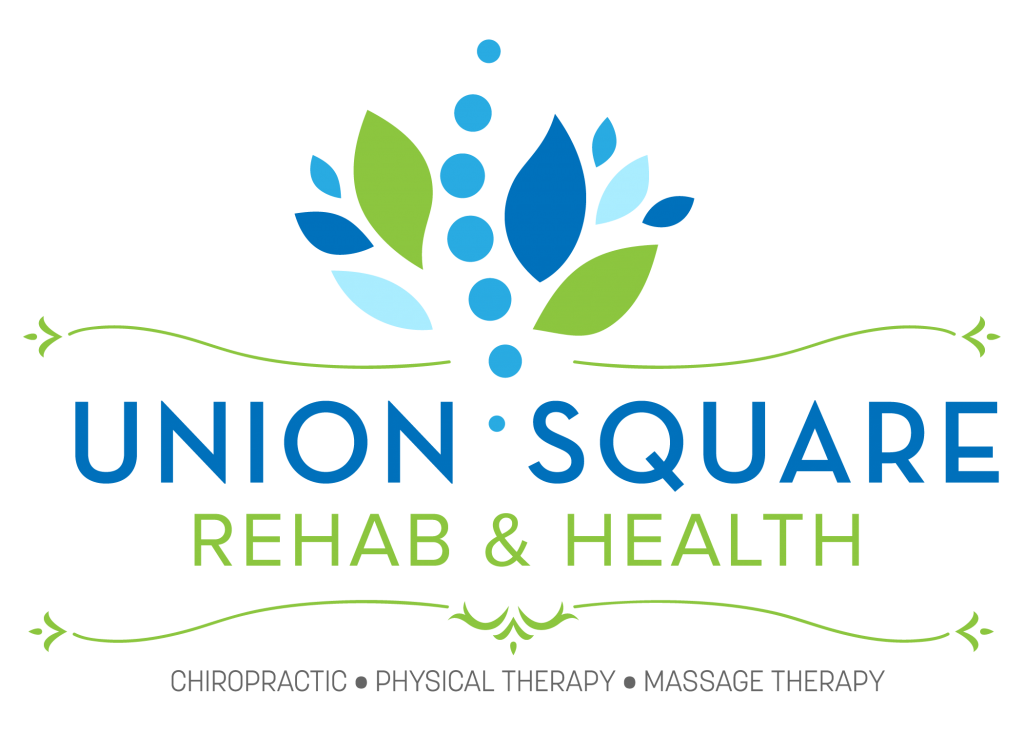Every day, we meet people looking for help with neck and back pain. The process, while simple, can be overwhelming. Our philosophy runs counter to the reality of the medical climate today. We are all inundated with countless products and ideas that can help. Spinal decompression, fancy braces, medications, bracelets, tonics, lotions, herbs, supplements: the list seemingly never ends. We try to keep it simple and more importantly, honest and free! Spinal decompression used to be called traction, and no, we don’t think your medical care should require a contractual obligation (or a second mortgage). There are benefits to medications and supplements of course, but if you’re not doing the little things to help yourself, often, these changes may not be effective.
We encounter and try to address the topic of anxiety or stress daily. Many folks begin the discussion with “…but nothing is wrong at the moment”. Patients explain that their families are healthy; they have stable jobs and that they have no complaints. This is great. However, these things are not the only components of stress or anxiety. A better way to think of stress is to examine a couple of simple daily activities we all can relate. Are you speeding up a little to make the red light on your way to work? Hurrying to type the last pages of a report due for your job?
These little events result in changes in respiration, blood pressure, posture and of course, stress and anxiety. Your hands hold the steering wheel a bit tighter; your breaths are shallow, your shoulders are slightly elevated. This is tension! This is anxiety! And these small changes affect your muscle tension, and likely lead to chronic, mild muscle dysfunction.
Treatment can help of course, and that is why we are here. But simply taking a breath, and learning an easy 30-second meditation technique can do wonders to reduce stress.
The process is simple:
- Sit tall in a comfortable chair, feet flat on the ground.
- Take a deep breath with your stomach. Try to avoid shoulder movement and make sure the stomach is moving in and out for the entire exercise. This is called diaphragmatic breathing.
- Close the eyes and count your breaths to 10, a deep yet comfortable inhalation and exhalation is considered 1.
- Focus on relaxing the musculature throughout the body, particularly the shoulders.
Congrats! You’re finished!
This easy exercise can have a profound effect on your stress and anxiety levels. Studies have shown that mindful meditation (the simple routine listed above) can directly change your brain function and anatomy! And this will result in improved healing outcomes for your aches and pains.
The exciting part is that it’s FREE! It requires nothing more than a small commitment and boy, will you be happy with the results.
We are here to help. But we pride ourselves on getting you to help yourself.
Numerous studies suggest that patients who accept personal responsibility for their pain do better than those who leave it to others. Those who do not become an active member of their own healthcare team, who feel it is entirely up to doctors or therapists or someone else to cure them, do worse.
Be careful! And don’t do anything crazy…
Dr. Phil

